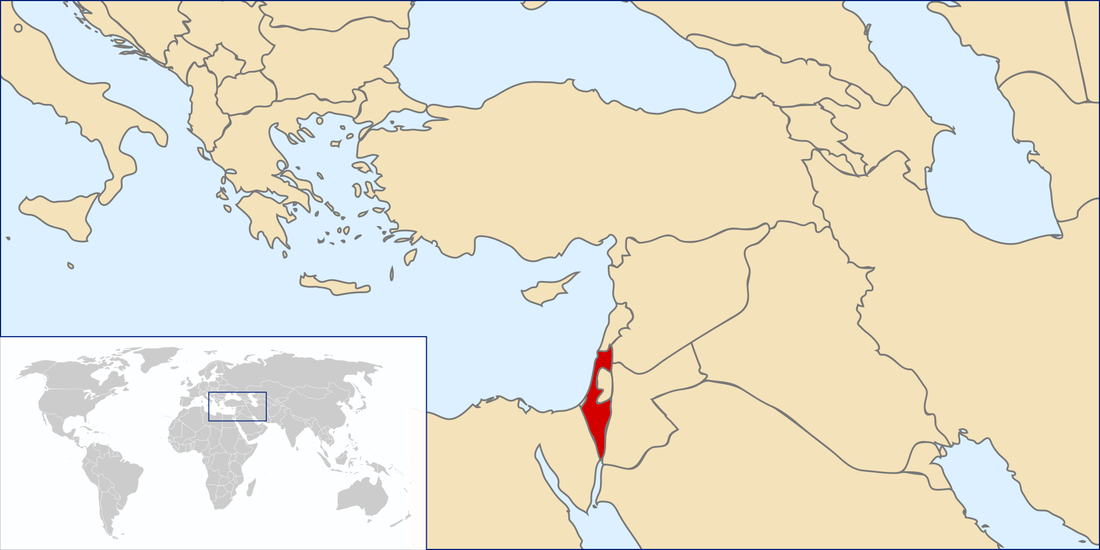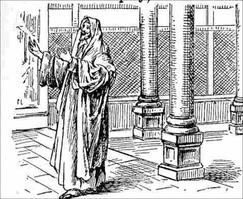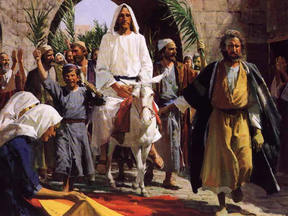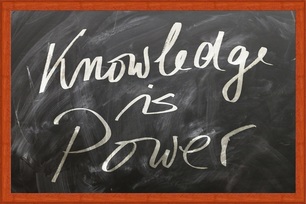| Equality is an important concept in the modern era; the rise of Human Rights since the end of WW2 and the enactment of various laws and conventions on Human Rights has brought it to the attention of the majority. To many in the West it is difficult to imagine a time when people were not seen as equal - thankfully many of the world’s major regimes that discriminated against minorities (or even majorities) have come to an end; Apartheid in South Africa, Genocide in Rwanda and Segregation in the USA. Of course there are many situations across the world where Human Rights abuses are still being committed and many charities are working hard to highlight these abuses. |
Sexism (Gender bias) is the act of discriminating against someone because of their Gender. It can affect any gender but it is particularly documented against women. Whilst many men are keen to argue that they are in favour of equal rights for women this is not, for reasons that are highly complex, bourne out when we look at the statistics. The website Feminista gives the following facts about women at work:
- The full time gender pay gap is 10%, and the average part-time pay gap is 34.5%.
- It is estimated that for each year a mother is absent from the workplace her future wages will reduce by 5%.
- Approximately 70% of people in national minimum wage jobs are women.
- Women make up only 17% board directors of FTSE 100 companies.
- Up to 30,000 women are sacked each year simply for being pregnant and each year an estimated 440,000 women lose out on pay or promotion as a result of pregnancy.














 RSS Feed
RSS Feed
